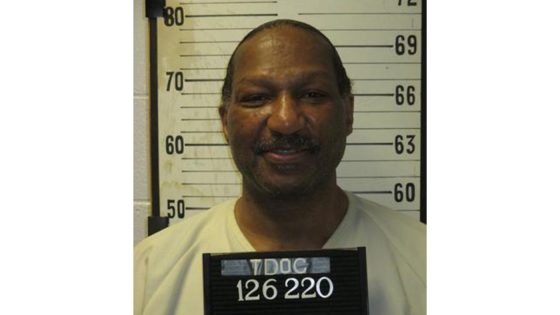Tennessee is preparing for a significant execution on Tuesday, marking a historic moment as Byron Black faces death with a working defibrillator implanted in his chest. This unprecedented situation raises serious ethical questions about the execution process. On August 5, 2025, Black’s execution will proceed despite ongoing legal battles concerning the implications of his medical device.
- Byron Black's execution scheduled in Tennessee.
- Defibrillator raises concerns about execution method.
- Governor Bill Lee denies reprieve for Black.
- Black convicted of 1988 triple murder.
- Legal battles over intellectual disability claims.
- Execution raises ethical issues for medical professionals.
Governor Bill Lee has denied a reprieve for Black, who was convicted of the brutal murders of Angela Clay and her two daughters in 1988. The U.S. Supreme Court upheld this decision, allowing Tennessee to continue its execution plans despite concerns from Black’s attorneys regarding potential pain and suffering due to his medical condition.
This case prompts critical discussions about the intersection of health and capital punishment. Can a humane execution truly be achieved when medical devices complicate the process? Observers are left wondering about the implications for future executions.
- Black’s execution could become a “grotesque spectacle,” according to his attorney.
- Legal precedents regarding medical devices in executions are virtually non-existent.
- Black’s health issues include dementia and congestive heart failure, complicating the ethical landscape.
As this case unfolds, it challenges US to consider the moral implications of our justice system. Will future executions adapt to ensure humane treatment for all individuals, regardless of their health status?































